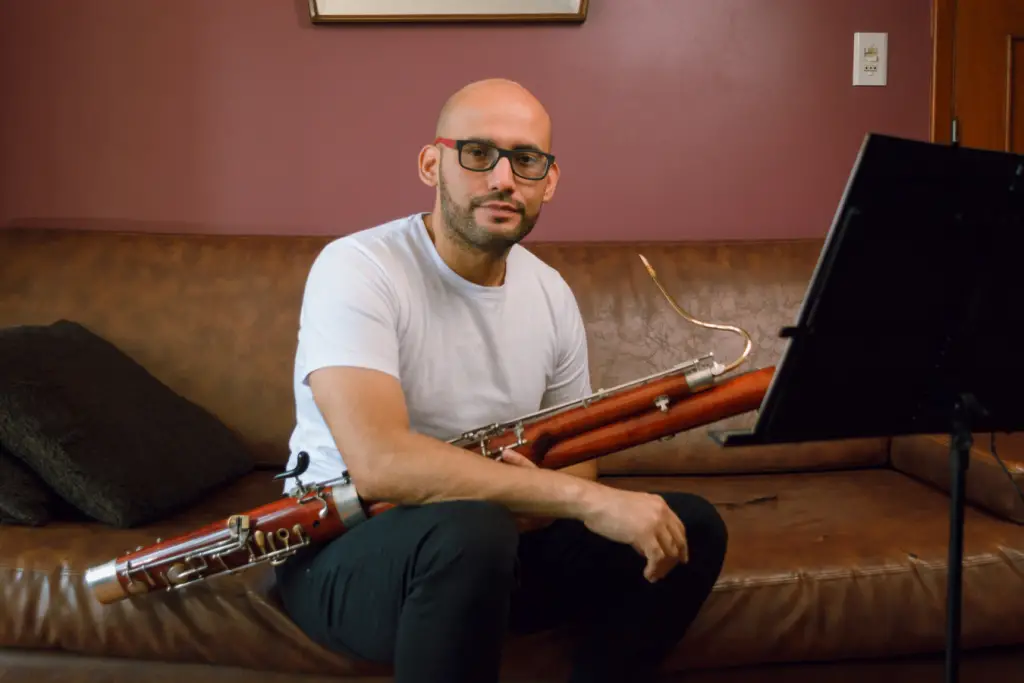The bassoon, known for its deep, rich tones, is a significant investment for any aspiring musician. With costs ranging widely depending on the brand, material, and craftsmanship, understanding the price breakdown is essential before making a purchase. This guide will explore the factors influencing bassoon costs, typical price ranges, and tips for making an informed decision.
Why Are Bassoons So Expensive?
Several factors contribute to the high cost of bassoons:
- Craftsmanship: Bassoons are handcrafted with meticulous attention to detail, requiring skilled labor.
- Materials: High-quality wood, such as maple, is often used, adding to the cost.
- Complexity: The instrument’s intricate design and numerous keys demand precision engineering.
- Brand Reputation: Established brands often charge more due to their quality assurance and prestige.
Price Ranges for Bassoons
Student Bassoons: $3,000–$8,000
- Intended for: Beginners and younger players.
- Features:
- Simplified key mechanisms.
- Durable materials, often using plastic or resin instead of wood.
- Designed for easier playability.
- Examples:
- Fox Renard Model 41.
- Schreiber S16.
- Pros: Affordable and low-maintenance.
- Cons: Limited tonal richness compared to professional models.
Intermediate Bassoons: $8,000–$15,000
- Intended for: Advancing students or semi-professional musicians.
- Features:
- Improved keywork for greater technical versatility.
- Higher-quality wood construction.
- Examples:
- Fox Renard Model 220.
- Yamaha 811.
- Pros: Balanced quality and affordability.
- Cons: Still may not match the sound of a professional bassoon.
Professional Bassoons: $15,000–$50,000
- Intended for: Professional musicians and advanced players.
- Features:
- Premium wood, often seasoned for years.
- Advanced key systems tailored to individual preferences.
- Exceptional tonal richness and projection.
- Examples:
- Heckel Bassoons (widely regarded as the gold standard).
- Fox Model 601.
- Pros: Superior sound and craftsmanship.
- Cons: High cost and maintenance requirements.
Factors Affecting Bassoon Prices
Material Choices
- Wood: Most high-end bassoons are made from seasoned maple, which provides a warm, resonant tone.
- Plastic/Resin: Used in student models for durability and affordability.
- Hybrid Models: Combine wood and synthetic materials to balance tone and cost.
Key System Complexity
- More keys and features (e.g., high D keys, whisper keys) increase the price.
- Professional models may include custom keywork tailored to the player’s preferences.
Brand and Reputation
- Heckel: Renowned for unparalleled craftsmanship but can cost over $50,000.
- Fox: Known for high-quality student and intermediate bassoons.
- Moosmann: Offers a range of intermediate and professional options.
Condition
- New Bassoons: Come with warranties but are more expensive.
- Used Bassoons: More affordable but may require repairs or adjustments.
Additional Costs to Consider
Purchasing a bassoon involves more than just the instrument itself:
- Reeds: High-quality reeds are essential and can cost $10–$50 each.
- Maintenance: Regular servicing, including cleaning and adjustments, may cost $100–$300 annually.
- Accessories:
- Bassoon cases: $200–$1,000.
- Seat straps or stands: $20–$100.
- Reed tools: $50–$200 for advanced players who make their reeds.
- Insurance: Protect your investment with musical instrument insurance, costing $100–$300 per year.
Where to Buy a Bassoon
Specialty Music Stores
- Offer expert advice and a range of models.
- Provide opportunities to test instruments.
Online Retailers
- Pros: Convenient and often have a wide selection.
- Cons: Limited ability to test the instrument before purchase.
Used Instrument Markets
- Look for reputable sellers and ask about the instrument’s history and maintenance.
- Examples include eBay, Reverb, or specialized forums.
Rental Programs
- Ideal for beginners who are not ready to commit to a purchase.
- Monthly fees range from $50–$150, depending on the instrument’s quality.
Tips for Choosing the Right Bassoon
Evaluate Your Needs
- Beginner: Start with a durable, affordable student model.
- Intermediate: Invest in a model that offers better sound quality and advanced features.
- Professional: Choose an instrument that aligns with your performance needs.
Test Before You Buy
- Try multiple bassoons to find one that suits your playing style.
- Pay attention to tone, ease of play, and keywork ergonomics.
Seek Expert Advice
- Consult with a teacher or professional bassoonist for guidance.
- Get recommendations on reliable brands and models.
Set a Budget
- Factor in the cost of accessories and maintenance when determining your budget.
Why Investing in a Quality Bassoon Matters
A high-quality bassoon:
- Enhances your tone and musical expression.
- Provides greater durability and longevity.
- Offers better resale value if you decide to upgrade.
While the initial cost may be daunting, a good bassoon can last for decades with proper care, making it a worthwhile investment for serious musicians.
Conclusion
Bassoon prices vary widely, reflecting the instrument’s complexity, materials, and craftsmanship. By understanding the different price ranges and factors influencing costs, you can make an informed decision that aligns with your needs and budget. Whether you’re a beginner seeking an entry-level model or a professional investing in a top-tier instrument, the right bassoon will serve as a lifelong partner in your musical journey.

